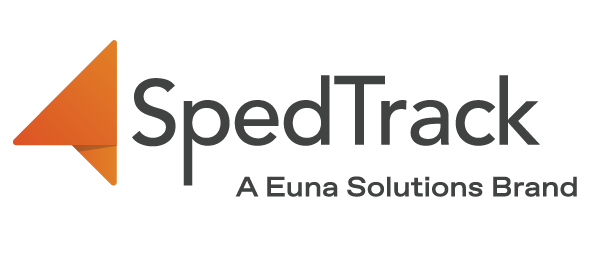
What is a Special Education Progress Monitoring Graph?
What is a Progress Monitoring Graph Progress monitoring graphs in special education are utilized by special educators for students with disabilities to measure progress and
Solutions

Manage IEPs, Evaluations, and Goal Progress in one solution
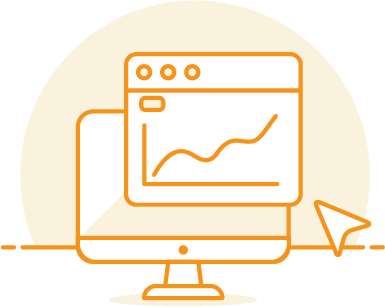
Easily track & report on your students IEP goal progress
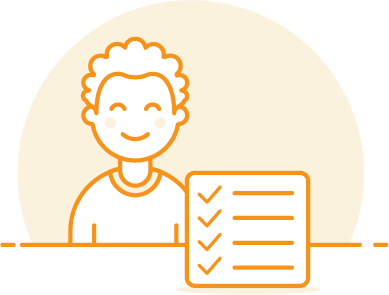
Consistently log what services you are providing to each student

Create Section 504 plans that are designed for compliance
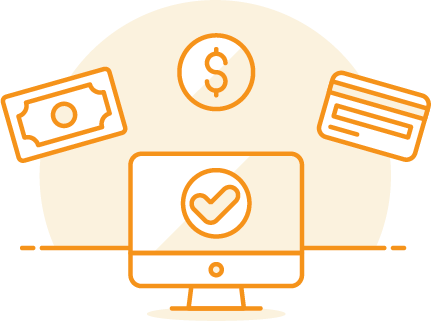
Get the biggest return for the services your district provides

Store all the information in your student in one location (free with any solution)
Add-On's
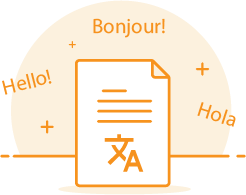
Instantly translate your forms into over 100 different languages
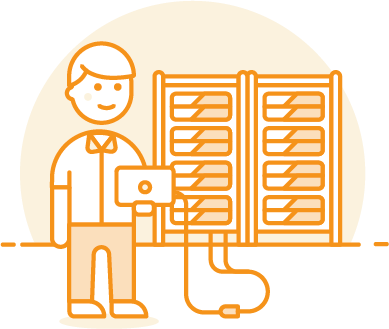
Send & receive data from your Student Information System (SIS)
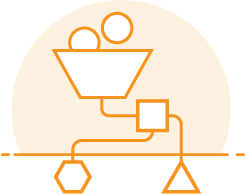
Create Scalable Approval Workflows For Your Documents
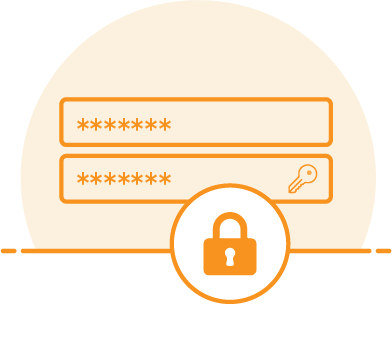
Increase security & usability with Single Sign-On (SSO)
Key tips, tricks, and insights for all things Special Education
Leverage our library of resources that are completely free
Learn how districts across the country have had success with SpedTrack
Solutions

Manage IEPs, Evaluations, and Goal Progress in one solution

Easily track & report on your students IEP goal progress

Consistently log what services you are providing to each student

Create Section 504 plans that are designed for compliance

Get the biggest return for the services your district provides

Store all the information in your student in one location (free with any solution)
Add-On's

Instantly translate your forms into over 100 different languages

Send & receive data from your Student Information System (SIS)

Create Scalable Approval Workflows For Your Documents

Increase security & usability with Single Sign-On (SSO)
Key tips, tricks, and insights for all things Special Education
Leverage our library of resources that are completely free
Learn how districts across the country have had success with SpedTrack

What is a Progress Monitoring Graph Progress monitoring graphs in special education are utilized by special educators for students with disabilities to measure progress and

What Are IEP Violations? An Individualized Education Program (IEP) is a written document for students with difficulties that have been evaluated and are eligible for

What Is the Americans with Disabilities Act (ADA)? The Americans with Disabilities Act of 1990 or ADA is a law that promotes nondiscrimination for people

What Is an IEP Progress Report? An Individualized Education Program (IEP) progress report is a way to measure student progress towards meeting their IEP goals.

Section 504 plans, also known as 504 forms, are documents that provide students with disabilities services and/or accommodations to their education. These plans are meant

IEP meetings are a crucial part of the IEP process, and school administrators need to come prepared. As a school administrator, you play a vital

Did you know that one out of eight public schools does not have a single 504 plan? According to a 2018 analysis by Professor Perry Zirkel of Lehigh University, together with the Civil Rights Data Collection (CRDC) on 504 plans, there is a “dramatically significant pattern of suspected under-identification.” This means several eligible students with disabilities do not have a 504 plan and may not have access to special education services, related services, and accommodations.

An Individualized Education Program (IEP) is a written document for students with disabilities that have been evaluated and are eligible for special services. It is a plan for educating children with disabilities who need specially-designed instruction, special education, and related services.

FAPE is an acronym that is often heard within the special education community. It stands for “free appropriate public education,” a right that all students with disabilities are entitled to receive. This article will take a closer look at FAPE and explore what it means for students, educators, parents, and guardians.

Making adequate progress toward the goals outlined in their Individualized Education Program (IEP). A quality progress monitoring strategy provides quantitative data that can be used to make timely modifications to the child’s school environment, academic program and services provided.
We are hyper-focused on one thing – Simplifying Special Education. That is why we have created a fully-featured solution designed specifically with educators in mind.
